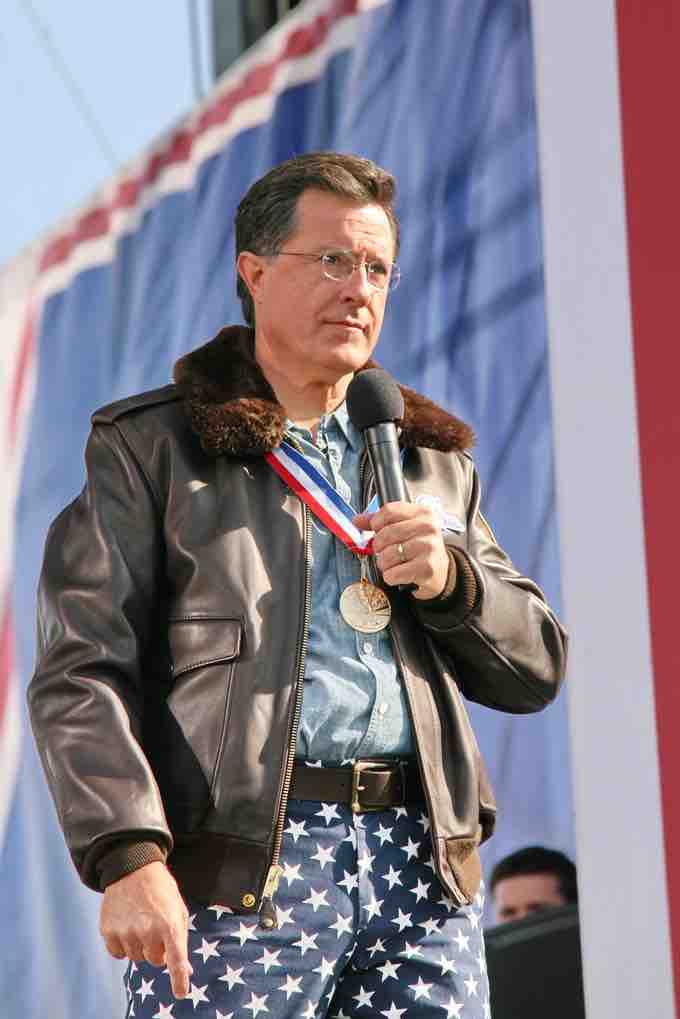Interest Groups, Lobbyists, and PACs
Interest groups represent people or organizations with common concerns and interests. These groups work to gain or retain benefits for their members through advocacy, public campaigns, and lobbying governments to make changes in public policy. There are a wide variety of interest groups representing a variety of constituencies including business, labor, consumers, other governments, and various single issue groups.
Interest groups may take on a variety of strategies including public education, encouraging public participation, and providing education and special information for civil servants and politicians. However, interest groups are also involved in activities such as lobbying and forming PACs, which has led to concerns that some groups and even individuals might have disproportionate influence on Congress.
Lobbyists
There are over twelve thousand registered lobbyists in Washington, but only a handful of those have the influence and connections needed to consistently influence policy. Lobbyists work for a wide variety of groups, ranging from individual companies and non-profit organizations, to other governments and large coordinated councils representing whole industries, labor movements, or consumers. Lobbyists work to directly persuade decision makers in Congress along with members of the executive branch.
The impact of lobbyists is unclear, but many believe they can influence public policy. One example is the strength and influence of the National Rifle Association (NRA), who are advocates for gun rights. They also oppose gun regulations and legislation that infringe on the privacy of gun owners in the United States, who has one of the most lenient gun regulations in the Global North.
Political Action Committees (PACs)
PACs are organized groups that work on election campaigns often on behalf of specific parties and ballot initiatives. These groups pool donations to redistribute to candidates, parties, and other PACs. Federal Election Commission (FEC) regulations limit the amount of money PACs can donate to any one campaign or party, and there are limits to the amount of money they can receive from any one donor.
PACs can be connected to existing organizations such as business, labor or trade organizations or non-connected, usually rallying around a single issue or ideology.
While PACs have existed since the 1940s, the 2010 SpeechNow.org v. Federal Election Commission decision of the Supreme Court created a new form of PAC. They are officially known as independent expenditure-only committees, but better known as Super PACs . These groups can raise money without limits in from individuals, organizations, and large donors such as corporations or labor unions. Super PACs can also spend unlimited amounts of money advocating for or against a candidate or issue, but may not donate to, or coordinate with, a particular campaign.

Stephen Colbert
Political satirist Stephen Colbert has started his own Super PAC to draw attention to these organizations.
The SpeechNow.org case built on the decision in the Citizens United v. Federal Election Commission case earlier in 2010, which held that the First Amendment right to free speech meant that legislatures could not limit independent political spending by corporations and unions.
The 2012 election cycle is the first presidential election to be held under the new rules. Before the campaigns even ended, the Super PACs had outspent the top ten PACs from 2008 by at least tenfold. A large majority of Super PAC donations also come from wealthy individual donors. By October 2012, the top 100 individual Super PAC donors donated 80% of all Super PAC funds, yet made up fewer than 4% of all donors.
Information and Watchdogs
Critics of Super PACs are concerned that these groups can, in effect, "buy" elections. If elected, the candidates may then feel a special obligation to these wealthy donors and organizations. Several groups now exist to track the connections between Members of Congress, lobbyists, and campaign financing. Some of these groups include the Center for Responsive Politics and the OpenCongress.org website.